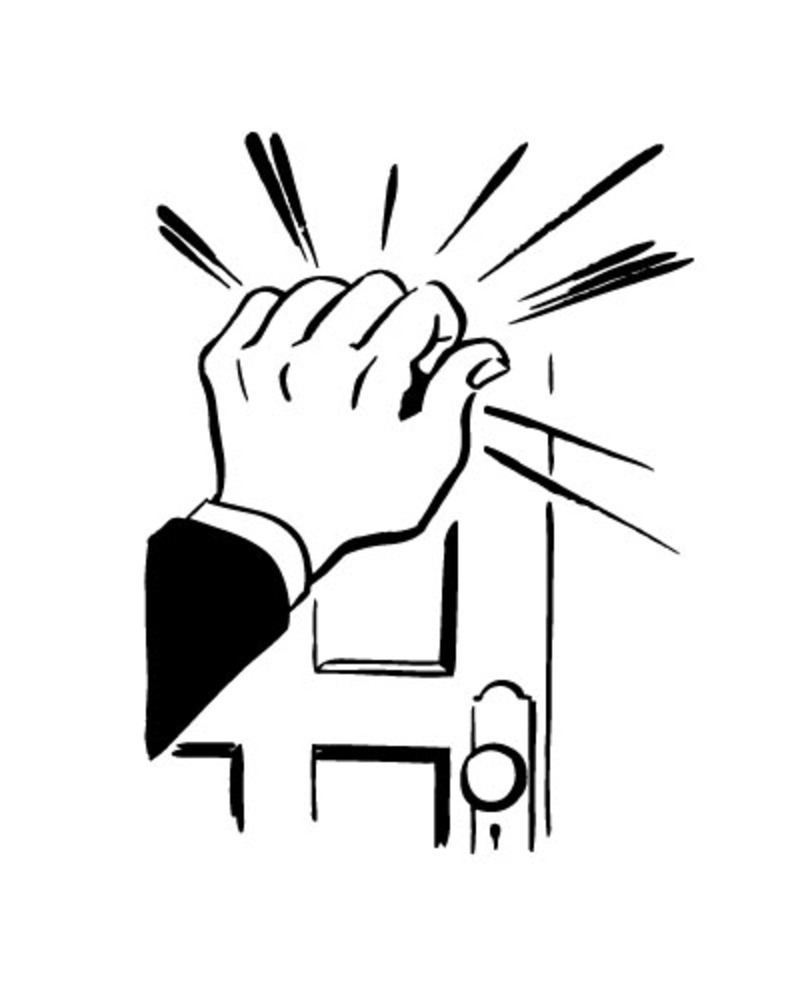July 15, 2025
For Employers, This is the Best Hiring Market in Years
The pendulum has swung all the way back.
In 2021 and 2022, employees held all the cards. Now, employers are firmly in control.
The move back toward employers was already underway, but it was turbocharged by the announcement of sweeping new tariffs on April 2, along with other policy changes. None of those issues have been resolved, and it's created a fog of uncertainty in the market.
When investors can't see clearly, they move to the sidelines. VCs are slow-rolling new investment rounds. Companies have shelved expansion projects, waiting to see what the new landscape will look like.
Most executive hiring right now is defensive—replacing people who've left and making selective upgrades to critical positions. The big growth initiatives are on hold.
Why This Creates Opportunity
During boom times, many top performers are locked into their jobs with stock options, exciting new projects, and potential promotions. They're not looking to move.
But when growth stalls, even A-players start to feel restless. The exciting project gets postponed. The IPO timeline stretches out. The acquisition that was supposed to happen doesn't. Suddenly, that call about an interesting opportunity doesn't seem so unwelcome. That's why many more star players are now open to hearing about new opportunities.
For Hiring Managers
If you've been thinking about upgrading a position on your leadership team, this is your moment. The talent-to-competition ratio is the best we've seen in years.
The executive who wouldn't return your calls six months ago? She's probably open to a conversation now. The VP who seemed permanently planted at your competitor? He might be ready for a change.
The Window Won't Stay Open
These favorable hiring conditions won't last forever. They never do. As soon as the policy fog lifts and investors regain confidence, the market will tighten up again. The stars will retreat back into their comfortable positions, and you'll be competing with everyone else for a smaller pool of available talent.
If you need to make an important hire, now is the time to act. The combination of high-quality candidates and reduced competition creates a window that smart companies exploit.
The question isn't whether the market will improve—it will. The question is whether you'll take advantage of current conditions while they last.
